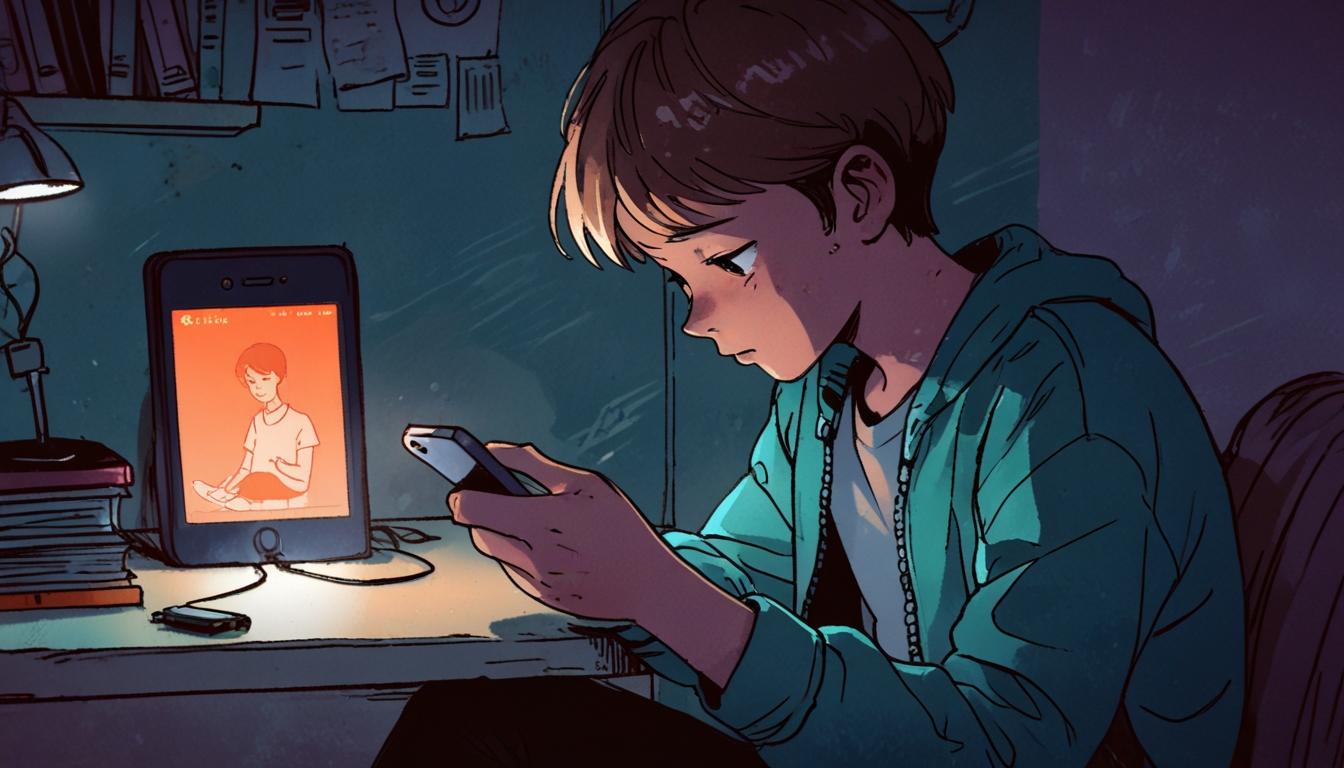The UK government is considering implementing a curfew restricting social media use for children after 10pm in response to growing concerns over the negative impact of addictive online platforms on young people’s mental health. Digital Secretary Peter Kyle is currently reviewing proposals that would effectively establish an online watershed for under-16s, similar to existing television restrictions.
Speaking to The Telegraph, Mr Kyle highlighted the detrimental effects some digital products have on children, saying: "It is clear that some of the addictive nature of some of the products is causing anxiety and frustration to young people themselves. I believe there is evidence that young people feel angry with themselves about some of the time that slips through their fingers when they start doom-scrolling. I [want to] harness the best aspects of online life and do a damned sight better at mitigating the downsides."
The plans follow social media companies’ introduction of features aimed at limiting screen time among teenagers. Notably, TikTok has launched a 10pm curfew on its platform for users under 16, which takes over the device screen with calming music. However, users can override this feature to continue using the app. TikTok also offers a “Time Away” tool allowing parents to set specific times when their teens can access the app, with any additional time requests requiring parental approval.
Mr Kyle has expressed an interest in assessing the effectiveness of these tools before any government measures are enacted, stating his desire for initiatives that "empower parents" in managing their children’s social media usage. His comments coincide with the publication of the final Children’s Code guidelines under the Online Safety Act by the regulator Ofcom. These regulations impose stricter requirements on technology companies to verify users’ ages and prevent harmful content from being algorithmically prioritized for children.
Describing these rules as a major shift, Mr Kyle said: "Children's experience of social media would begin to look and feel different."
The discussion over youth social media use comes amid evidence suggesting widespread concerns among British teenagers over addiction. Data from the Millennium Cohort study, published in January, revealed that 48 per cent of 16 to 18-year-olds feel they have lost control over their online time. The study showed that girls are disproportionately affected, with 57 per cent expressing feelings of addiction compared to 37 per cent of boys.
Experts and campaigners have also voiced worries about the role of social media algorithms in driving excessive usage and exposing young people to harmful content. Andy Burrows, an adviser to the Molly Rose Foundation—formed in memory of 14-year-old Molly Russell who died after viewing suicide-related content online—told the Daily Mail: “Social media platforms have single-mindedly designed their products to maximise how long teenagers spend online, with algorithms pushing endless amounts of harmful content in their direction. Tech companies have consistently opted to prioritise profit over safety and wellbeing." He emphasised the importance of holding these companies accountable.
Academic research led by Dr Amy Orben at the University of Cambridge analysed the same cohort of 19,000 Britons born between 2000 and 2002. The research confirmed the high prevalence of perceived social media addiction among teenagers.
Baroness Kidron, a prominent advocate for children’s rights in the digital sphere, criticised the design of platforms for making online experiences compulsive. She said: “It’s not a bug, it’s a feature. The tech sector employs behavioural psychologists who game social media, games, shopping, even news, to ensure it is easy to access and hard to put down. The companies should be held responsible for the outcome of their products.”
She further highlighted that while some online activity is harmless, excessive screen time often comes at the expense of children’s development and wellbeing, stating: “All the experiences they are missing while they are doom scrolling impact on their development, wellbeing and in some cases ruin childhood itself.”
As the government evaluates the next steps following the introduction of the Online Safety Act’s Children’s Code, the implementation of an online bedtime for children is poised to become a significant element in addressing the complex relationship between youth mental health and social media consumption.
Source: Noah Wire Services
